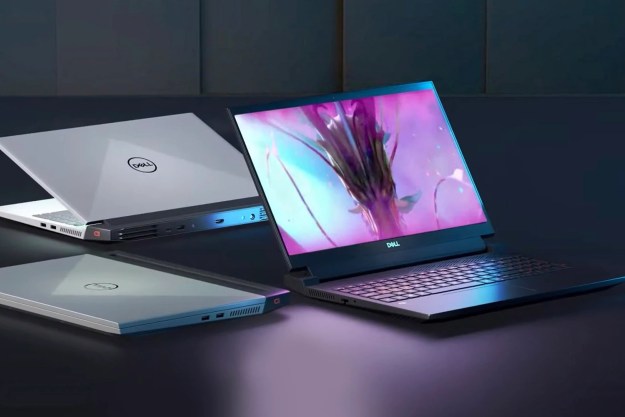
Rushing to match Google Fiber’s upcoming gigabit Internet service in Austin, Texas, AT&T has launched the U-verse with GigaPower service in Austin. The service currently provides speeds up to 300 Mbps with an eventual upgrade in 2014 to speeds up to 1 Gigabit per second. Interestingly, AT&T is launching at two different price platforms, a standard $99-per-month option and a discounted $70-per-month option that requires customers to submit to an agreement that gives AT&T permission to watch and keep track of the Web pages you visit and the search terms you enter on engines like Google or Bing.
Called AT&T Internet Preferences, this program takes all your search terms and Web history, likely compiles it into a generic user profile and uses that information to serve up targeted advertisements that are specific to your interests.

While AT&T won’t be delivering advertisements separate from ads you may already see on various sites, it’s highly likely that AT&T will partner with third-party publishers and ad networks to provide specifically targeted ads related to your Web browsing experience.
Similar to other programs of this nature, AT&T will anonymize the data rather than supplying anything specifically personal about subscribers.
In a statement released to Gigaom addressing the privacy concerns related of AT&T Internet Preferences, an AT&T representative said “We will not collect information from secure (https) or otherwise encrypted sites, such as online banking or when a credit card is used to buy something online on a secure site. And we won’t sell your personal information to anyone, for any reason.”
Covered in more detail on the AT&T U-Verse support site, AT&T states “You won’t necessarily receive more ads when you are online, but those you do see may be more suited to your interests. For example, if you search for concert tickets, you may receive offers and ads related to restaurants near the concert venue. If you are exploring a new home appliance at one retailer, you may be presented with similar appliance options from other retailers. You might receive these offers or ads online, via email or through direct mail.”
These two service options for U-verse with Gigapower are somewhat similar to Amazon’s approach to the Kindle line of tablets and e-readers. If users want to pay less initially for a new Kindle device, they will receive a discounted price if they agree to view targeted advertising displayed on the lock screen of the tablets or e-reader.
In addition to the U-verse with Gigapower package, customers also have the option of adding U-verse TV for an additional $50 per month. That package includes high definition programming in addition to HBO and HBO GO access for a full three years at the $50 promotional rate. As another bundle bonus, subscribers that are also AT&T wireless customers will receive 50GB of free cloud storage.
However, U-verse with GigaPower subscribers will be subject to a one terabyte data cap per month. For each 50GB of data consumed beyond the one terabyte data cap, subscribers will be charged an additional $10 per month. It’s highly unlikely that many subscribers will hit this cap on a regular basis though.


